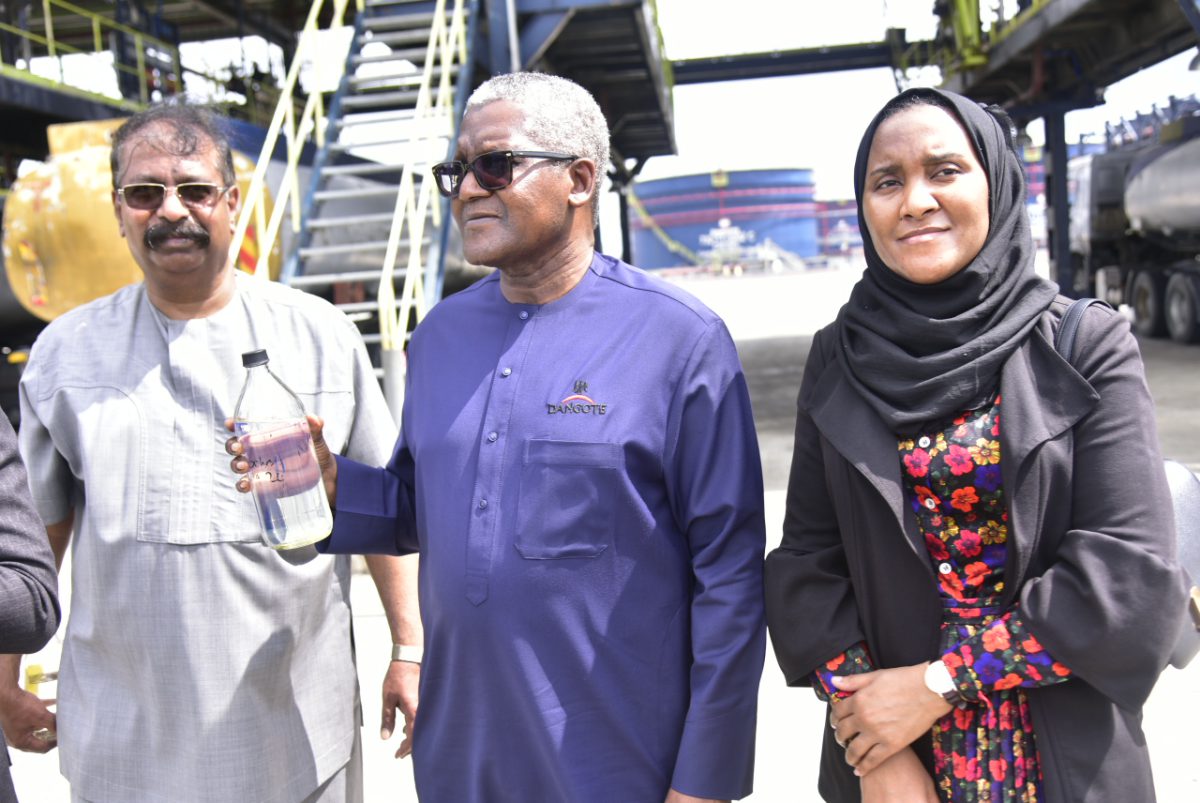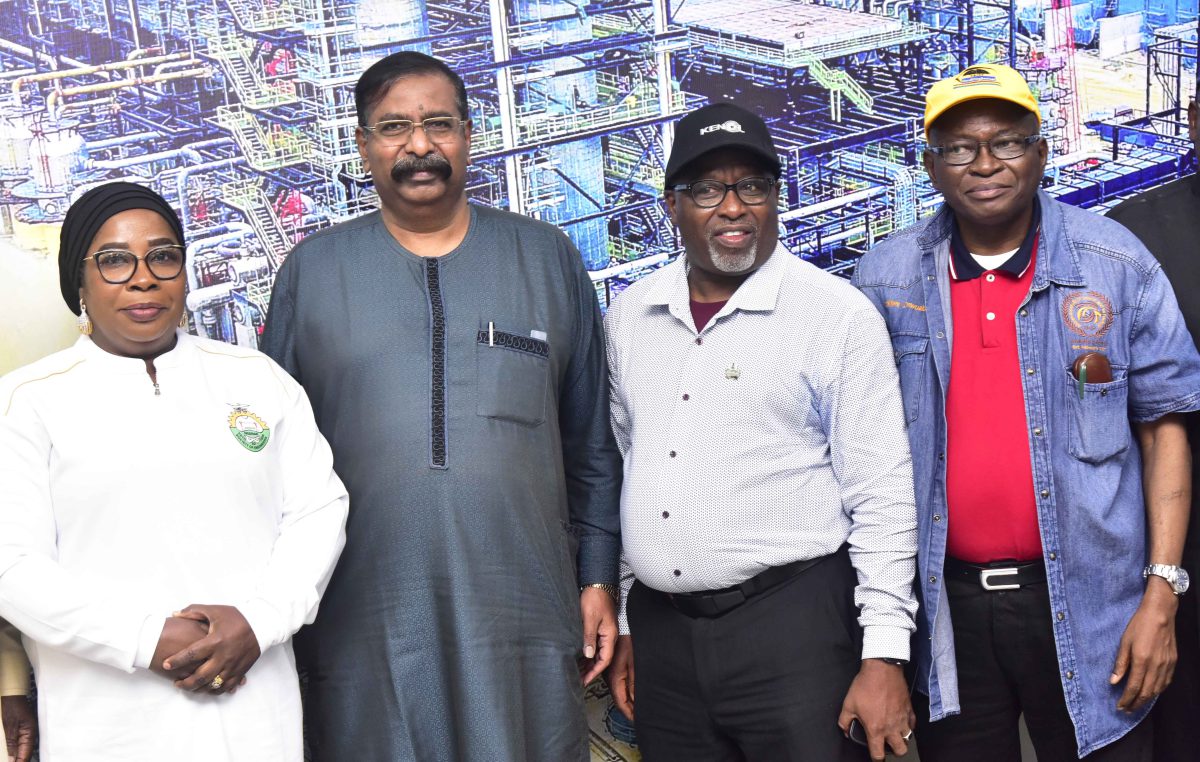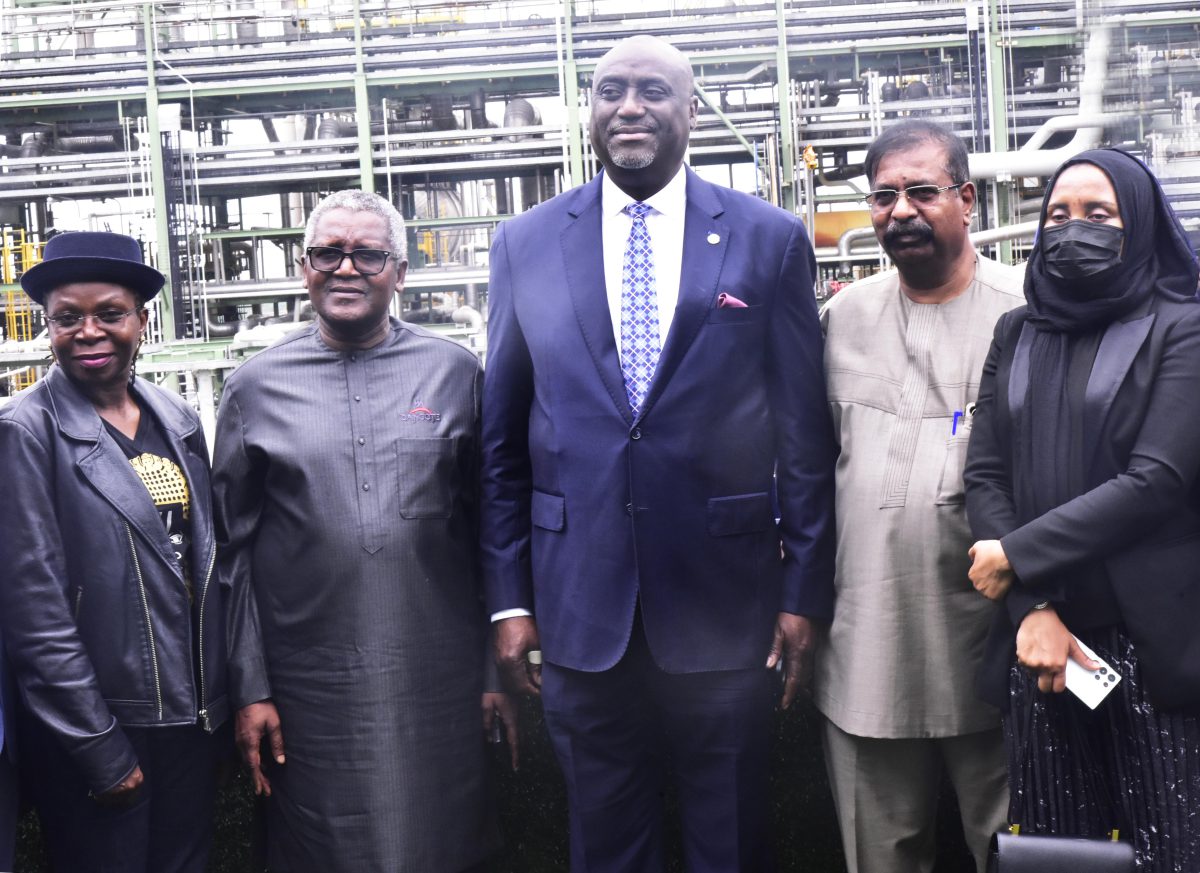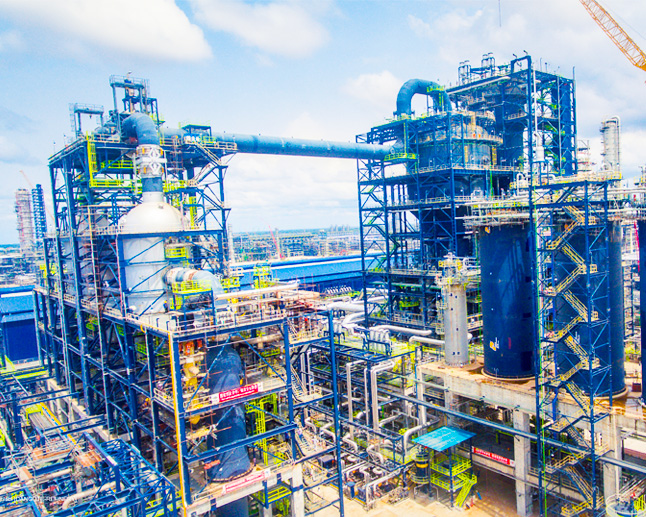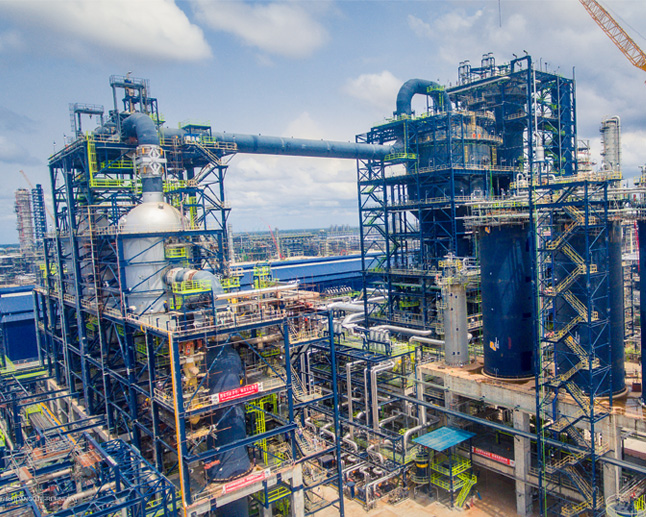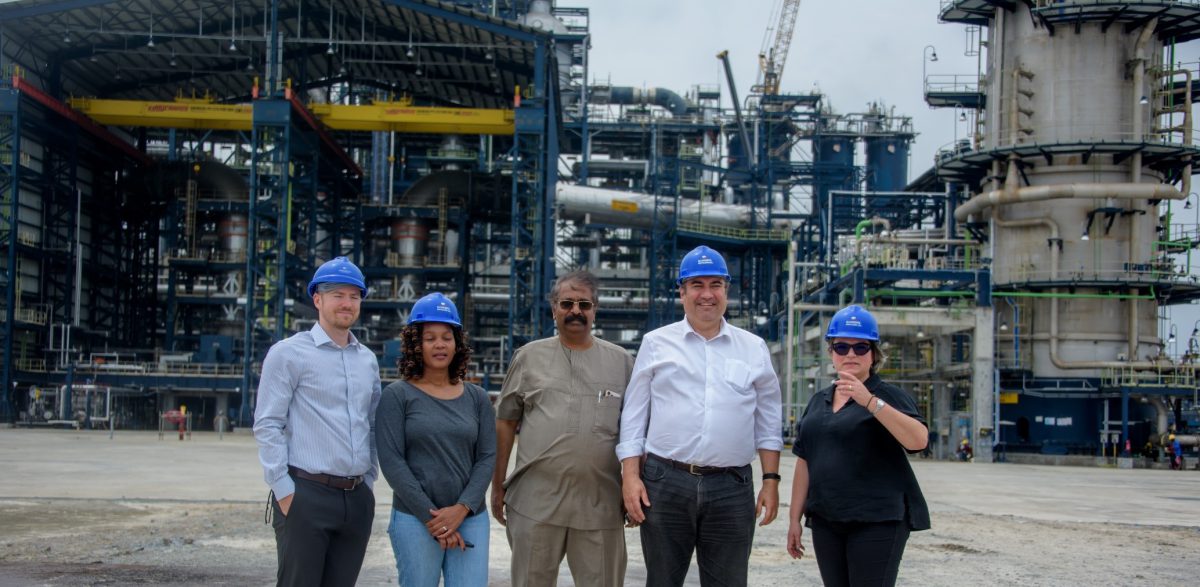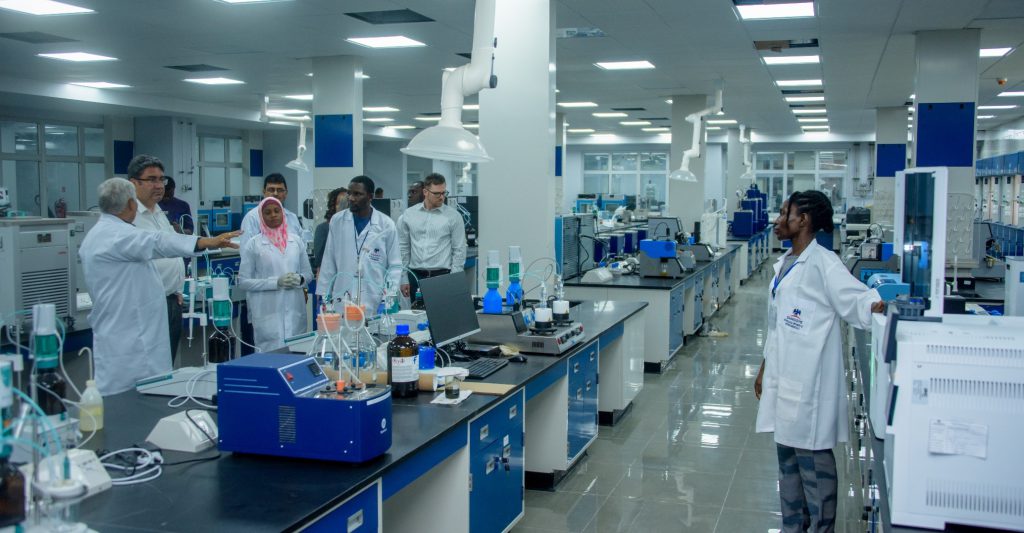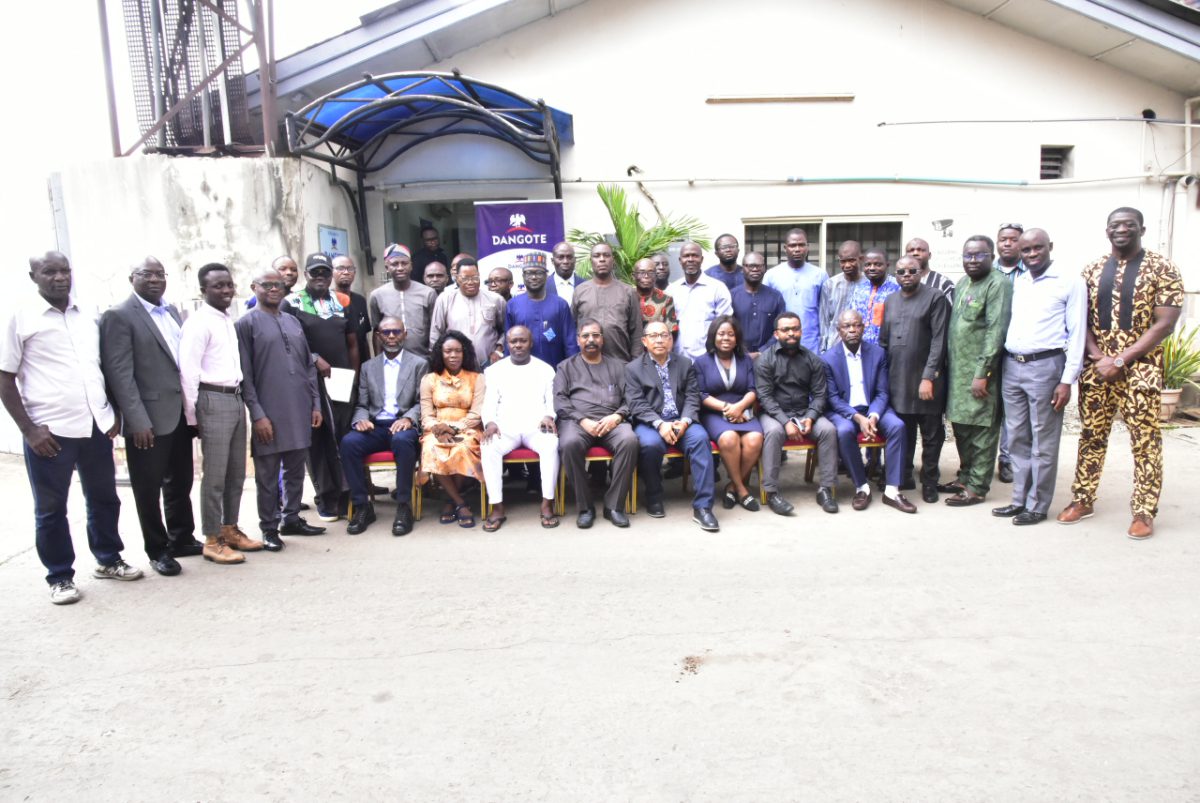Promises no more importation of polypropylene as from October
For the first time, Nigerians will gain a clear understanding of the country’s actual fuel consumption, according to Aliko Dangote, President of Dangote Group. This announcement comes as Dangote officially confirmed the rollout of Premium Motor Spirit (PMS), commonly known as petrol, from the world’s largest single-train refinery with a capacity of 650,000 barrels per day.
Reflecting on the achievement of starting PMS production 28 years after Nigeria’s four refineries ceased domestic refining, Dangote, speaking to the press at the refinery in Ibeju-Lekki, Lagos, emphasised that this development will boost the industrial and manufacturing sectors. He highlighted that the refinery will significantly reduce fuel imports, saving foreign exchange, and will contribute to stabilising the naira, lowering inflation, and reducing the cost of living.
Dangote, accompanied by Vice President of Oil and Gas at Dangote Industries Limited (DIL), Devakumar Edwin, and Group Commercial Operations Director at DIL, Hajiya Fatima Aliko-Dangote, described this milestone as a transformative moment for Nigeria, ending years of fuel imports.
He expressed gratitude to Nigerians for their support and praised President Bola Ahmed Tinubu for fostering an environment that made the successful launch of the 650,000 barrels per day refinery possible.
He stated, “Today is a momentous occasion because Nigeria has not produced petrol, or gasoline, for many years. As I stand here, I want to extend my gratitude to the people of Nigeria and to President Bola Ahmed Tinubu’s administration for creating the environment that has enabled us to achieve this monumental task. This development will provide energy for our nation’s growth, development, and prosperity.”
He continued, “I want to personally thank Mr. President for introducing the concept of ‘Naira for Crude’ and ‘Naira for Products.’ This initiative will bring much-needed stability to the Naira by reducing the demand for dollars in the market by 40%, which will help stabilise the exchange rate.
“But that’s not all. It will also address issues like ‘round-tripping,’ where fuel is documented but doesn’t actually enter Nigeria. With this new refinery, we will have a clear view of true consumption. We’ll be able to track every loaded truck and, as much as possible, monitor loaded ships. This will allow us to precisely determine consumption patterns, though that’s a topic for another discussion.
“Today, we are here to celebrate and give thanks to God Almighty for bringing us to this point where we can produce gasoline. Many doubted we would achieve this, but we have delivered.
“We owe a debt of gratitude to the President and his government. Without their support, we wouldn’t be where we are today. I believe this refinery will transform not only Nigeria but also the entire Sub-Saharan Africa. Our capacity will not only meet Nigeria’s needs but also serve the demands of the broader region.”
Displaying a sample of the PMS to the press, Dangote remarked, “This petrol might be a bit cleaner compared to what we had before. It’s of the highest quality, ensuring that your vehicle’s engine will last longer. The quality of this fuel can match any premium standard worldwide, including those in Europe and America. No one can surpass us in terms of quality. Today is truly a celebration for us Nigerians.
“We are committed to ensuring that starting in October, there will be no need to import polypropylene. Our petrochemical plant will be fully capable of meeting all local demands,” Dangote stated.
While assuring that the refinery will guarantee the availability of petrol in Nigeria, Dangote clarified that the nation’s oil company, the Nigerian National Petroleum Corporation Limited, NNPCL, is responsible for controlling petrol pump prices.
He described this development as a significant turnaround for the country, ending years of not producing a single litre of petrol domestically. Dangote emphasised that while he can ensure a steady supply of fuel from the refinery, the NNPC will manage pricing.
“Pricing is controlled by NNPC. For now, we focus on ensuring that the products are available—that’s what I can guarantee,” Dangote said.
